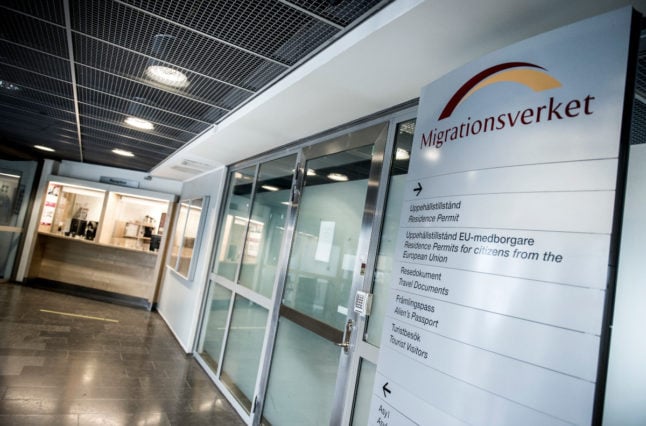When was the law passed and when does it come into force?
The parliament passed the new law on April 21st, and the final text of the change in the law was published on May 5th. It will come into force on June 1st.
What does the new law say about the ‘talent visa’?
It says that “in certain cases”, a temporary residency permit can be granted to a foreigner who wants to “spend time in the country to look for work or to look into the possibility of starting a business”.
To qualify the applicant must:
- have completed studies equivalent to an advanced level degree
- have sufficient means to support themselves during their stay and to cover the cost of their return trip
- have fully comprehensive health insurance which is valid in Sweden
How long can people initially stay in Sweden under the talent visa?
The residency permit will be valid for a maximum of nine months.
Which agency will assess applications for the talent visa?
The government has decided that applications should be assessed by the Migration Agency. The Migration Agency will publish more details on the requirements, such as what qualifies as an advanced degree, what documents need to be submitted, and how much capital applicants will need to show they can support themselves, in the coming weeks.
The Migration Agency is also likely to develop a form for those wishing to apply for the talent visa.
What level of education is necessary?
What is meant by an “advanced degree” has not been set ou in the law, but according to Karl Rahm, who has helped draw up the law within the Ministry of Justice, a master’s degree (MA or MSc), should be sufficient.
How much capital will applicants need to show that they have?
According to Rahm, the amount of money applicants will need to show that they have is likely to be set at the same level as the minimum salary for those applying for a work permit, which is currently 13,000 kronor a month. If he is right, this means that someone applying for a nine-month visa would have to show that they have 117,000 kronor (€11,259) in saved capital, plus extra for their trip back to their home country.
READ ALSO: How will the new work permit law just passed in Sweden affect foreigners?
Can applicants bring children and spouses?
“You will not be able to bring your family with this kind of visa, since the idea is that it’s for a relatively limited amount of time, just to see if there is employment for you, or if there is a chance of starting a business,” says Elin Jansson, deputy director at the Ministry of Justice, who helped work on the new visa. “And if you do decide to stay in Sweden, then you apply for a regular work permit for starting up a business, and then you can bring your family.”
Where will detailed information on the requirements for a talent visa be published?
The Migration Agency will publish detailed requirements on the talent visa on its Working in Sweden page when the law starts to apply on June 1st.
What is the reason for the talent visa?
Those searching for a job or researching starting a new business in Sweden can already stay for up to 90 days with a normal Schengen visa. The idea behind the talent visa is to give highly educated foreigners a little longer to decide if they want to find a job or set up a business in the country before they need to go the whole way and launch a company.
How many people are expected to apply?
In the government inquiry on the new work permit law, experts estimated that about 500 people would apply for the new talent visa each year, but it could end up being either much more, or less.
“It’s really hard to tell. There could be a really big demand. I don’t think it’s anyone can really say before this comes into effect,” Jansson said.



 Please whitelist us to continue reading.
Please whitelist us to continue reading.
Amazing a good deal of beneficial information